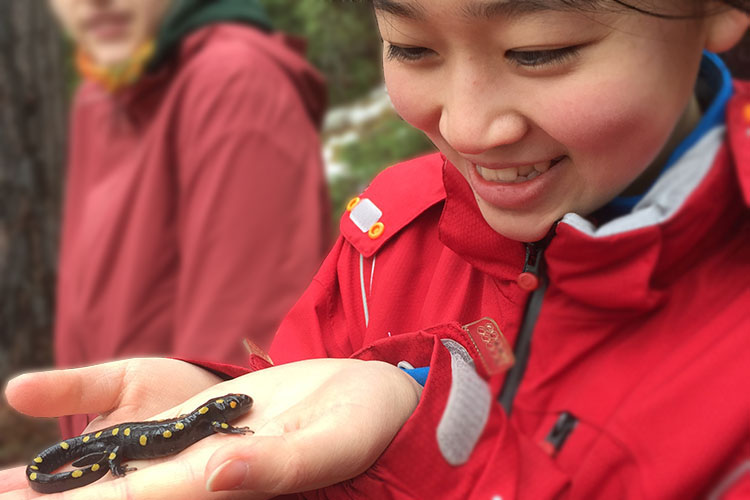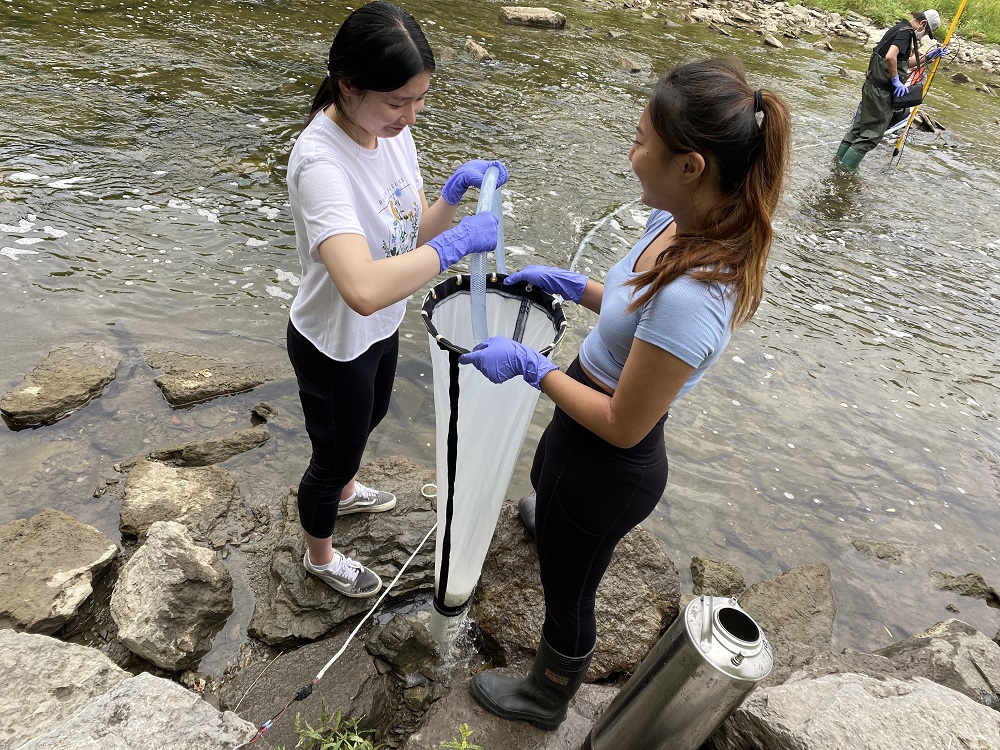Gain Research Experience
Participating in research during your undergraduate studies can help you improve your chances of landing a job or being accepted into graduate school by giving you:
- Real-world experience and research skills
- A stronger resume and application package
- References from supervisors and colleagues
- A deeper understanding of your field of study
You will also experience the day-to-day work of researchers in your field, helping you decide if it's an area you want to explore after graduation.
Undergraduate Research Poster Fair
Students who have completed the Research Opportunities Program will present their research during the Undergraduate Research Poster Fair. The presenters will share insights about their research experience and how they secured their research projects.
ROP/REP program staff will also be onsite to answer any questions about how to apply to these courses. All U of T students, faculty and staff are invited.
- March 11, 2026
- 10:30 a.m. – 2 p.m.
- Hart House, The Great Hall
Schedule
Coming soon
Types of Research Opportunities
There are several types of research opportunities available to Arts & Science students. You can earn course credit by joining a faculty supervisor’s research project on campus or abroad, or by creating your own opportunity.
Research Opportunities Program
The Research Opportunities Program (ROP) offers course credit to second- and third-year students for participating in a professor's research project.

Research Excursions Program
The Research Excursions Program (REP) allows third-year students to travel off campus — most often to an international location — as part of an instructor’s research project, while earning course credit. Students only pay course tuition fees; all travel and accommodation costs are free.
Other Opportunities
- Learn about the 11 different types of research opportunities available to U of T students and how to navigate them using the Undergraduate Research Hub.
- You can find research-based courses within most Arts & Science programs. Check the Arts & Science Calendar for options.
- You may be able to undertake a summer research program through your academic unit. Connect with them directly to inquire about opportunities.
- If you are interested in pursuing your own research project with the support of a faculty member, your academic unit might offer independent study courses for upper-year students. Check your department for details and information.
- If you are seeking research opportunities that relate to health care, you may be able to secure a summer research opportunity with a U of T-affiliated teaching hospital. Check the hospital websites for details.
- Or create your own research opportunity. The Undergraduate Research Fund provides students with funding to develop their own research project.
The Research Opportunities Program is a good introduction to the field of undergraduate research. It was my first lab experience, so it was valuable for learning lab techniques and showing me how to conduct myself in a lab setting with graduate students.
— Katie, ecology specialist, genetics major and computer science minor


